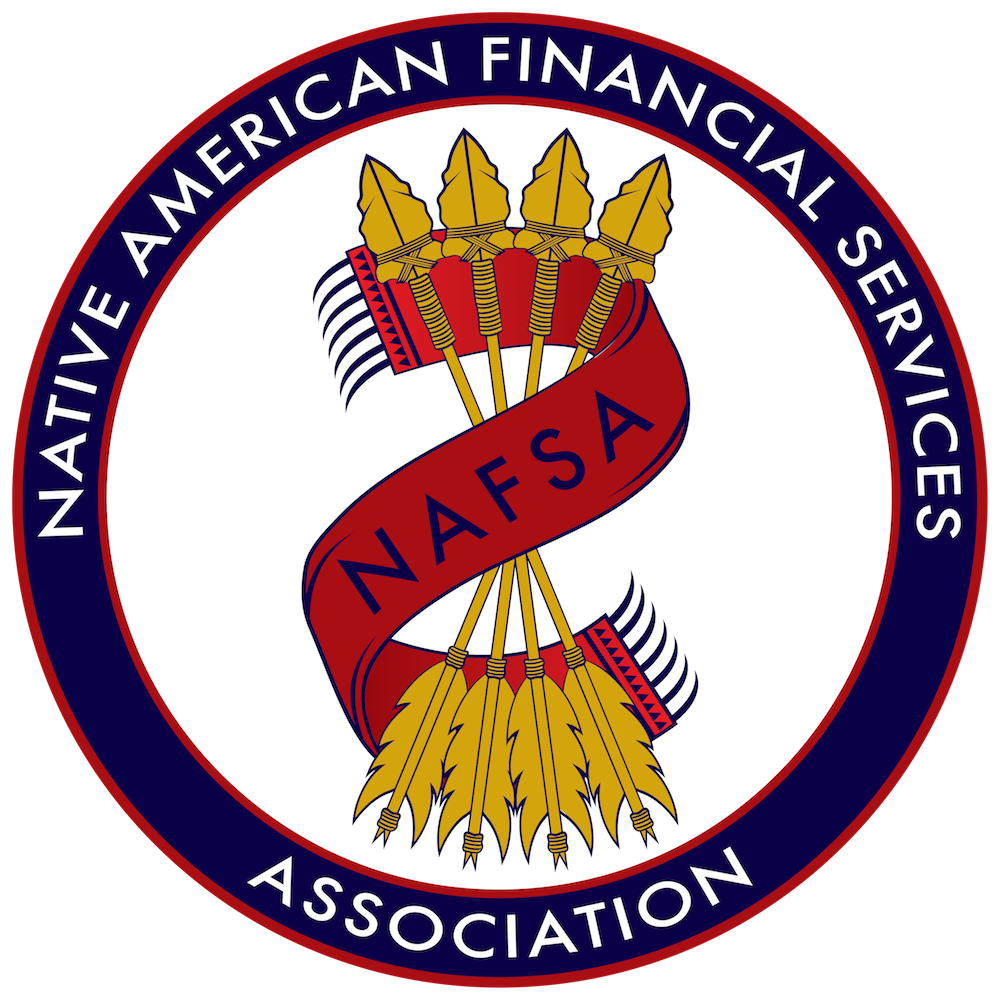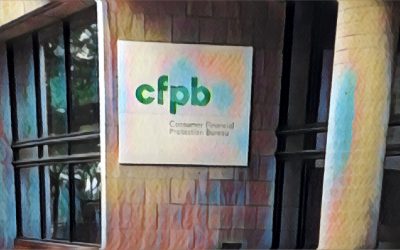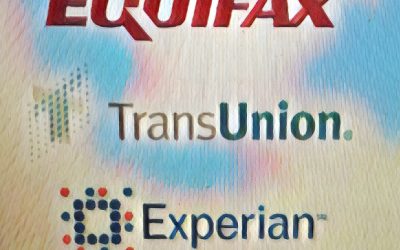The Latest Financial News
In the New Look CFPB, Deposit Advance Products Attempt a Rebirth
Deposit Advance Products (DAPs) are a form of short term credit offered by banks and credit unions that allow existing account holders to borrow small sums of money to be repaid automatically upon direct deposit of the account holder’s paycheck on a future...
Debt Collection Practices Still a Concern as Congress Moves to Exempt Some from FDCPA
The Consumer Financial Protection Bureau (CFPB) and Federal Trade Commission (FTC) released their annual report on the Fair Debt Collection Practices Act (FDCPA) this week. Since 2012, the CFPB and FTC have worked under a memorandum of understanding to...
Experian Rolls Out Credit Scoring for Non-Prime Consumers
Experian, one of the three major credit bureaus in America, took advantage of its recent acquisition of Clarity Services, a leading provider of non-prime credit data and reporting, by announcing a new credit report for subprime consumers called the Clear...
Why NAFSA?
There are more than 570 federally-recognized tribes in the United States, many of whom are spread across in diverse areas. This has left a need for other tribal economic development opportunities to create sustainability and jobs on Native American reservations.
Tribal Financial Services:
![]() Create jobs & economic development on tribal lands
Create jobs & economic development on tribal lands
![]() Increase the financial independence of tribes
Increase the financial independence of tribes
![]() Deploy sovereignty & bolster tribal self-determination
Deploy sovereignty & bolster tribal self-determination

The Impact of Tribal Financial Services
Coming from a history of staggering unemployment rates, limited opportunities, and lack of access to fundamental resources, Native American tribes began online lending businesses to create real change for the future. Internet commerce has been a vehicle for supporting economic growth, tribal services, and tribal development. These are their stories.
Our Mission
To advocate for tribal sovereignty, promote responsible financial services, and provide better economic opportunity in Indian Country for the benefit of tribal communities.




